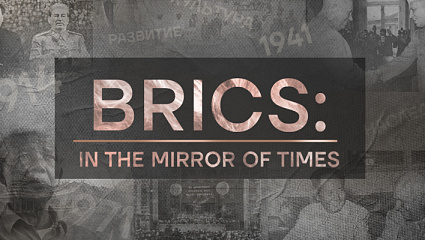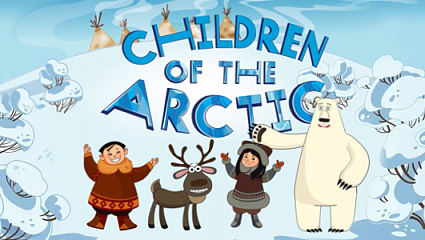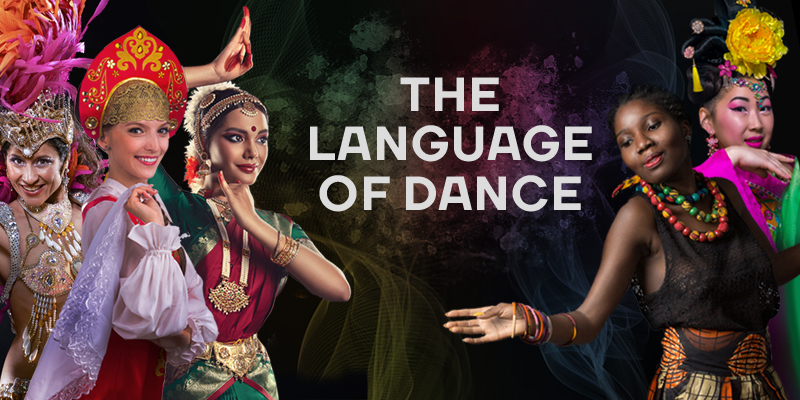Which Russian traditions do we still honour and which customs are a thing of the past - Ksenia Prokhorova
From generation to generation our ancestors have passed down to each other a set of rules and patterns for living. In Russia, the decrees of their fathers were sacredly honoured and carried out down to the smallest detail. However, for many people today, the word "tradition" is associated with something long gone and outdated. Is it really like that? Or do some of the customs still remain relevant? Let's find out in this article.
Family traditions

Dinner together
In ancient Russian literature, "Domstroy" was considered a popular book for family well-being. According to this handbook, all family members were supposed to gather together around the dinner table. No one was to start a meal before anyone else, and no one was to eat too much while thinking about the needs of other members of the household.
Nowadays, this custom is losing its relevance. With the advent of gadgets and accelerated life pace, it is rarely possible to have dinner or lunch with family. And even if this happens, everyone is likely to be busy doing their own thing.
Holidays without cause
Until the mid 20th century, home celebrations did not at all mean large feasts with crowds of guests and various sorts of dishes. Performances, in the form of plays and puppet theatres, were organised in addition to a simple dinner together. All the relatives played "Living Pictures" or "Literary Bingo". No cause was necessary to get together. Such celebrations provided an opportunity to show how family members were able to get along and adapt to each other.
Even now some families have not forgotten this good tradition. Of course, it has already been modernised to suit the new realities: watching films, playing board games together or going on nature trips.
Heirlooms
Every person in Russia valued their origins. Passing on watches, rings, silver, rare crockery or wedding clothes - all of this showed the importance of the family in the first place. Many families had whole chests where all the precious relics were kept.
Over time, when cameras came along, the keeping of family albums began. They were then inherited by the next generation. This tradition has survived to the present day - almost every home has old photo albums with photographs of loved ones in them. And some may even have pendants and other jewellery from their parents.
Festive and religious traditions

Jumping over a bonfire
The phrase "to pass through the fire" has at all times meant - cleansing. By jumping over the bonfire, people were "cleansed" from spoilage, the evil eye, negative energy and illnesses. Some did it in couples. It was believed that if a young lads and a maiden's hands did not part during the jump, they were destined to be together.
Every year on the Ivan Kupala (St John the Baptist) festival, thousands of people join together to perform this rite.
Wedding
In Pagan times, weddings took place in the forest, where the newlyweds came unaccompanied by their elders. Then they put wreaths of wild flowers on their heads, sang songs and dressed the birch tree with festive ribbons. It was believed that in this way the union was approved by nature itself. With the advent of Christianity, the tradition moved to churches, where the ceremony was already performed by a priest, reading a speech and blessing the future spouses.
Many young couples nowadays also decide to make their vows to God and consolidate their union in the church.
Carols
On Christmas Eve, children would gather in large groups, paint on their faces, and go door to door saying: "Today an angel came down to us and sang: "Christ is born!".
After the round, the children were given sweets, pastries and money. Then they would gather, share and eat whatever their neighbours gave them.
In the last decade, such guests are no longer found on the doorstep during the Christmas season, except in the countryside.
Folk traditions

Keeping a personal diary
Writing secret letters to oneself began in the 18th century. Such messages could express the author's experiences and reflections, or they could contain a day schedule or even items on the lunch menu.
Modern psychologists argue that journaling is a release of inner tension and discomfort. It's also a great opportunity to look at your past and see the whole picture of your life from a side. Nowadays, some people still practice this method.
Hospitality
Let us go back to that very "Domostroy", where it was written: "It is necessary to be hospitable and to give due honour according to the rank and dignity of each person. One is to talk to everyone and to put food and drink on the table."
According to ancient Russian tradition, any stranger should have been welcomed into your home. In modern realities, such hospitality may turn out to be unsafe. Therefore, few people dare to let a stranger over the threshold.
Games for the whole yard
Today, many people miss the time when all the neighbourhood kids got together to play football, "Cossack" Raiders or "Gorodki" (skittles). Outdoors, the teenager could learn important communication skills that cannot be acquired at home.
Young people these days also like to get together in groups to go out and take their minds off the drudgery of their studies. However, it is less and less common to see them spending time playing active games.
Time does not stand still, and people's habits change with it. What was the norm 50 years ago will be considered a gimmick today. Admittedly, one should not write off all of the traditions as long gone. Some of them are observed today, albeit not as thoroughly as before.
Ksenia Prokhorova, travel blogger







 DIGITAL WORLD
DIGITAL WORLD





































